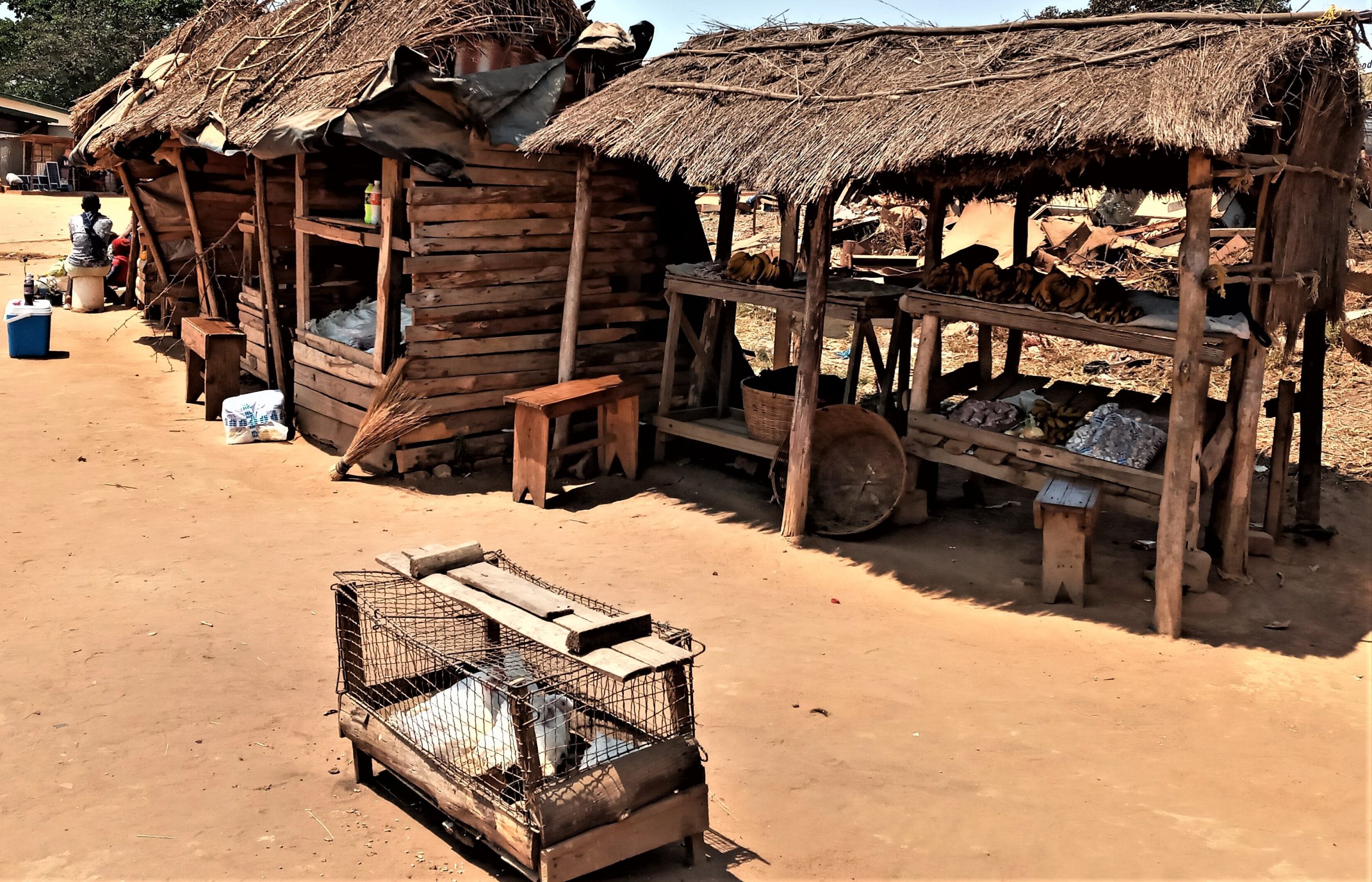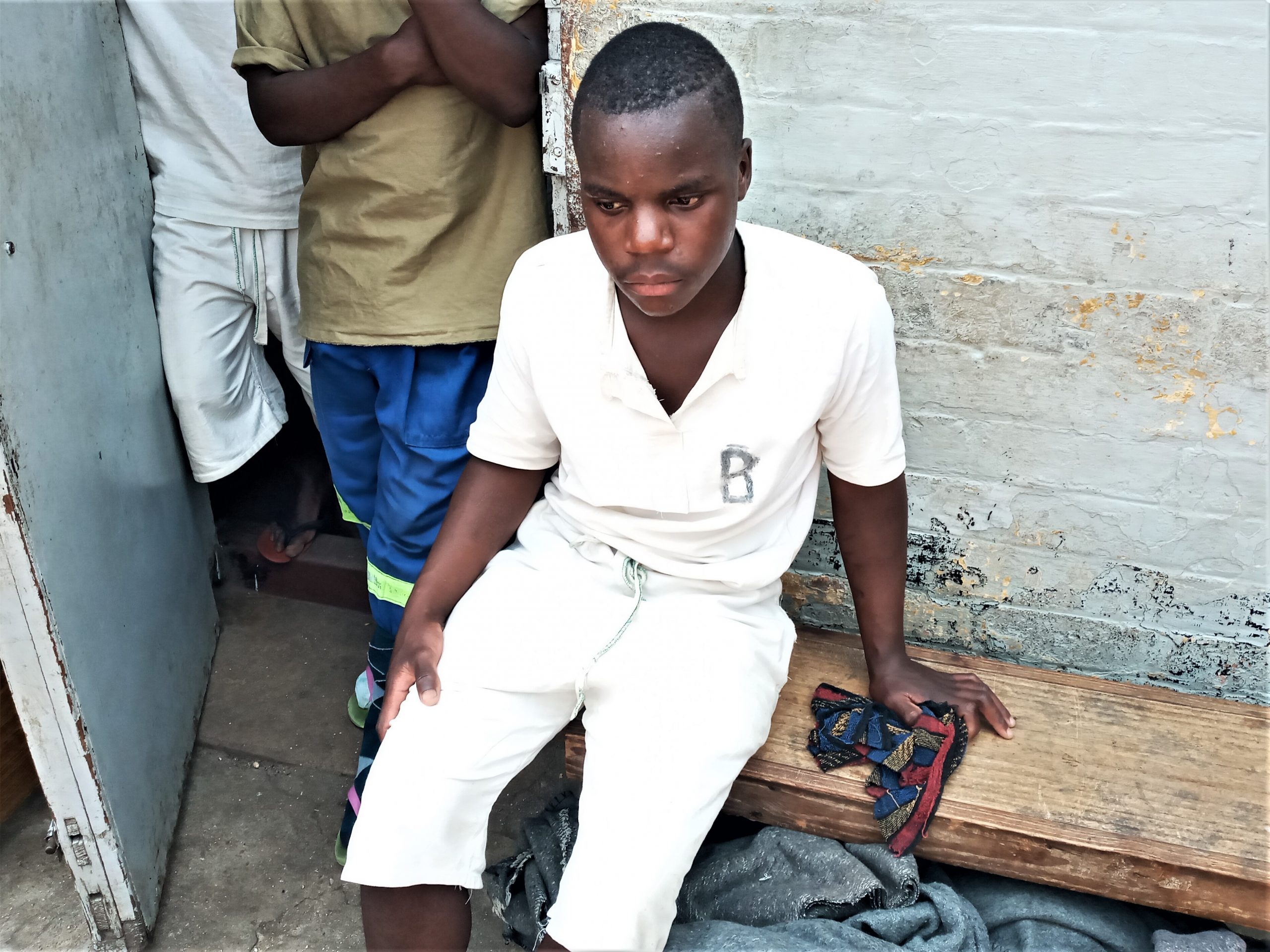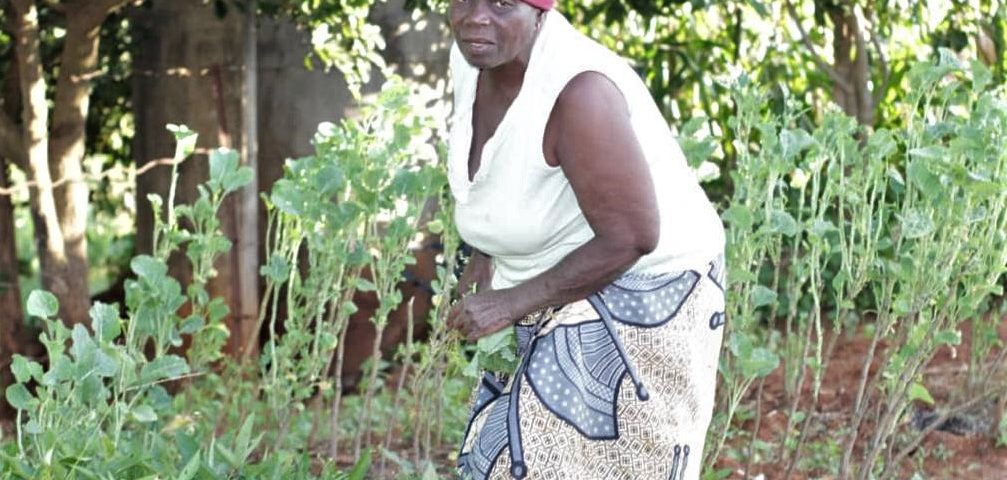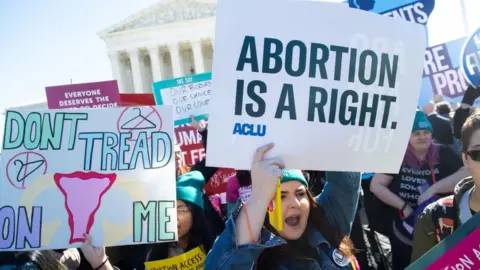
Watsomba vendors clash with local authority over roadside vending
September 25, 2020
Juvenile breaks prison record, rearrested two-days after Presidential amnesty
October 7, 2020Health insurance inequalities a ticking time bomb in Zim

One of the many Zimbabweans who do not have health insurance, Mary Chadzingwa, working in her vegetable garden to make ends meet. Lack of affordable health insurance is a ticking time bomb in Zimbabwe.
Tariro Guwira
MARY Chadzingwa (50) a subsistence farmer from Munyarari village in Zimunya-Marange under Chief Zimunya still recalls her freak accident in an ox-drawn scotch cart like it was yesterday, as it exposed her to experience first hand how many people are suffering and can easily die because of lack of affordable health insurance systems in the country.
On this fateful day in November 2019, Chadzingwa woke up early as usual and left for her farm in an ox-drawn scotch cart. On the way, the scotch cart hit a big stone in the middle of the road and overturned. Chadzingwa was thrown out of the scotch cart and fell into the bushes. She had a severe leg fracture and was rushed to the nearest clinic.
She was referred to Victoria Chitepo Provincial Hospital in Mutare (formerly known as Mutare Provincial Hospital), about 25 kilometers from Munyarari Village for further medical examination. Chadzingwa however failed to go to the referral hospital because she did not have money for hospitalization at the public hospital.
“When they told me to go to the referral hospital l thought of the medical bills and other expenses, so I decided to forgo the option,” Chadzingwa said. Adding, “The excruciating pain kept me awake every night until a point where l got used to it and learnt to absorb the pain and walk it out because I had no other option since I did not have money for the prescribed hospital treatment.”
To reduce the excruciating pain she said she would buy painkillers from a local store. Chadzingwa, who is a widow has a 12-year-old son. She said the treatment in Mutare needed about $4 000 ZW (USD$49). “There is nothing much l can do at the moment until l raise the money for further medical examination at the referral hospital,” she said.
Her story is one of the many stories that many face in Zimbabwe as it is believed that 92 percent of Zimbabweans are not health insured. According to the Zimbabwe National Statistics Agency (Zimstat) only seven percent of the population is on health insurance and the rest rely on out of pocket (OOP) spending, of which Zimstat further reveals that 40 percent of the expenditure per household is often health related. Out of pocket expenses are the costs of medical care that are not covered by insurance that one needs to pay for on their own.
The Total Consumption Poverty Line for an average family of five is $17 244 (USD$215), according to the Zimstat, which is way above what most household earn. Although Government and other insurance players have made significant expansion of social protection programmes under various schemes such as the Accident Prevention and Workers Compensation which are offered by National Social Security Authority (NSSA) among other benefits, the biggest anomaly is in the informal sector.
According to the 2019 Labour Force Child Labour Survey report by Zimstat, 76 percent of the total employment in Zimbabwe is now in the informal sector where most are poorly remunerated with no access to social protection and health insurance. Of which, in most cases the uninsured populace have insufficient health insurance coverage or none at all and have to use out of pocket money to cater for medical bills and basic living expenses including food, housing and clothing needs.
Chadzingwa added that her situation could have been different if she had medical insurance cover. “I would not have been enduring this pain since that day if I had medical insurance,”said Chadzingwa.
Spending OOP money comes with a burden for those who cannot afford private health institutions as they will have to use public health facilities that are less equipped in most cases from the human resources to medicine. They will have to buy medicine and other medical essentials at pharmacies that charge exorbitant prices.
Health insurance monthly subscriptions in Zimbabwe vary from $4 000 ZW (USD$49) up to $19 000 ZW (USD$234) which is beyond the reach of many. John Mundamumwe (40) from Chikanga, a high density suburb in Mutare, said he was being insured by Commercial and Industrial Medical Aid Society (CIMAS) medical aid but he ditched in 2019 after losing his job. “I could not keep up with the monthly subscriptions. Now that I am working in the informal sector, having medical insurance is a luxury that I cannot afford,” says Mundamumwe.
NSSA chief social security officer Tambudzai Jongwe, during a virtual journalism mentorship programme held in September said the implications of not having social security coverage drive most people into poverty. “There is increased risk of people falling deeper into poverty when they use OOP money to cater for contingencies without any social security cover,”said Jongwe.

Tambudzai Jongwe
Jongwe said many Zimbabweans have been left vulnerable due to social security exclusion. “The majority of Zimbabweans are without cover against life cycles such as old age, invalidity, health care and injury (at work). Absence of insurance cover against these risks does not only trap them in endless poverty but leads to social exclusion as well,” Jongwe said.
Insurance and Pensions Commission (IPEC) commissioner Grace Muradzikwa speaking during the launch of the virtual journalism mentorship meeting reaveled that there has been low confidence in subscribing to any insurance mainly owing to loss of value as a result of the hyper inflationary legacy issues. “In a recent Baseline Survey by the commission we revealed that only 34 percent of the population in Zimbabwe have insurance of some sort, 76 percent of which, are in respect of funeral assurance policies,”Muradzikwa revealed.

Grace Muradzikwa
National Association of Non-governmental Organization’s (NANGO), eastern region coordinator Joseph Kauzani, in an interview said the exorbitant health insurance fees have forced people to prefer spending their money on groceries rather than subscribing to any health insurance.
“At this rate it is almost impossible for the majority to survive on cash payments for health care because almost everything is now priced in US dollars at a time that most people’s monthly salaries in local currency are being eroded by hyperinflation,” says Kauzani.
Zimbabwe Community Health Intervention Research programs manager Walter Chikanya speaking at a Southern African Development Community (SADC) People’s Summit held in August highlighted that OOP expenses for medical needs is an infringement of basic human rights. “There is reduced government control and costly medical services by private practitioners where there is no universal health insurance. The limited access to services by ordinary citizens shows that the system is not fair for everyone,” said Chikanya.
Lloyd Dembure, a Zimbabwe focal person for Partnership to Inspire, Transform and Connect the HIV Response, in an interview on the sidelines of a Universal Health Coverage (UHC) provincial call meeting in September said there was need to strengthen domestic health financing and comply with the 15 percent Abuja Declaration to achieve universal health coverage.
“Zimbabwe is behind in meeting the 2001 Abuja Declaration of allocating 15 percent of the Government’s budget towards health, and as you see the country’s population on medical insurance is decreasing, which tells us that we are doomed somehow if things continue on this path,”says Dembure..
OOP spending plays a significant role in financing the health system in Zimbabwe, according to The World Bank 2020 report. Per capita health allocation in Zimbabwe is below the World Health Organisation (WHO) recommended threshold of US$86 ($7 000ZW). Zimbabwe’s per capita allocation which had in 2017 improved to US$57 ($4 600ZW) is now estimated to have sharply declined to US$21 (Z$1 707) in 2020.
Harare based labour economist Prosper Chitambara is on record to say that over the years, social spending in the country has not been able to match the social deficits in the economy, leaving the area of humanitarian assistance to international partners. “Under these circumstances it is imperative to adopt a human centered approach to development and a pro poor inclusive national budget should be adopted,” says Chitambara.
Chadzingwa who is still suffering from the leg fracture said she remains hopeful that she will raise enough money to have her medical examination at Victoria Chitepo Provincial Hospital.
“l hope l will be able to cover all expenses and have my leg examined. Perhaps I will be able to walk properly again,” said Chadzingwa, holding back tears.



1 Comment
I’d also like to mention that most people that find themselves devoid of health insurance are usually students, self-employed and people who are laid-off. More than half with the uninsured are really under the age of Thirty-five. They do not really feel they are looking for health insurance as they are young plus healthy. Their income is generally spent on housing, food, plus entertainment. A lot of people that do represent the working class either full or as a hobby are not provided insurance by their work so they go without owing to the rising cost of health insurance in the usa. Thanks for the tips you share through this site.